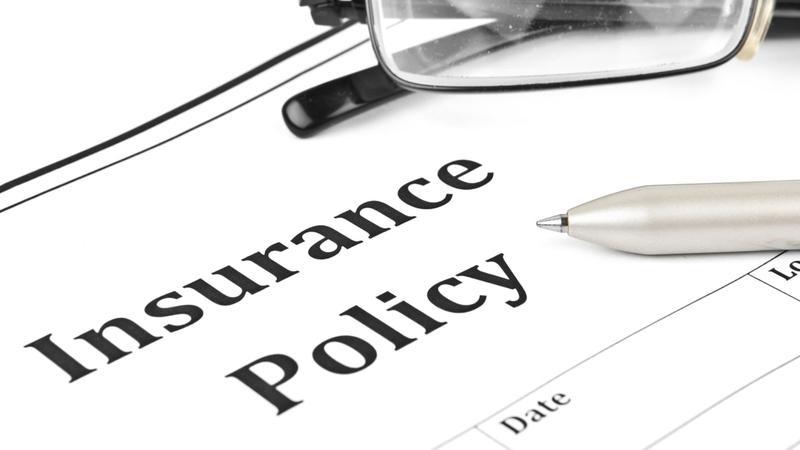Selecting your insurance provider can be a daunting and intimidating task, which can make it tempting to accept the first quote that comes along and save some time. However, by spending some time to understand all of your insurance quotes you can ensure that you have the right coverage to protect yourself: whether it is your home or your vehicle.
Choosing the Best Home Insurance Policy
Not all policies are the same, and choosing a home insurance policy without reading the fine print can leave you vulnerable in the event of a loss. Carefully inspect all home insurance quotes for the following:
- Deductible: Your deductible is what you will pay out of pocket if you have to file a claim to replace or repair your home or its contents. Lower deductibles often result in higher premiums, while raising your deductible can decrease your premiums.
- Coverage: Make sure you are covered for all the types of risk you require: fire, theft, etc. Also, make sure that you choose a policy that covers any outbuildings you may have. If you have special items of specific value (such as jewelery) you'll also want to choose a policy that covers the full replacement cost of these items, or add additional coverage to insure them.
- Discounts: Insurance providers often offer discounts on your home insurance if you have a home alarm system or other theft deterrents installed on your home. Make sure you ask about any discounts that might be available for you.
Choosing the Best Auto Insurance Policy
Auto insurance is a highly competitive market, so you can often find savings by getting numerous car insurance quotes and comparing them before you sign up for a policy. Just make sure that your policy has adequate coverage to insure you and your vehicle. Pay close attention to the following areas:
- Deductible: Policies vary in how much they expect you to spend when you make a claim, and they can vary further still depending on the type of coverage you're claiming against. To reduce your premiums you can ask for a higher deductible, but be sure to have the cash on hand in case you need to make a claim.
- Coverage: If your vehicle is older, and has a low replacement value, you may want to choose a policy without collision coverage. This means your vehicle won't be covered for repairs or replacement in the case of an accident where you are at fault, but it can provide significant annual savings on your premiums.
- Discounts: There are many different discounts that may be available to you when insuring your vehicle, including discounts for paid groups (i.e. CAA) or professional affiliations. Additionally, many insurance companies offer multi-vehicle discounts, good driver discounts if you have been claim free for a number of years or young driver discounts if a young driver has taken an approved driving course through an accredited driving school.
Finally, if you are looking to renew both your home and auto insurance, consider looking for quotes that offer a discount if you renew both policies with the same company. This can save you 5% or more per year, which can add up to substantially reduced premiums. Ultimately you have to look for a balance between what you can afford to spend on your premiums and ensuring that you have appropriate coverage to protect you in the case of an accident or loss.
